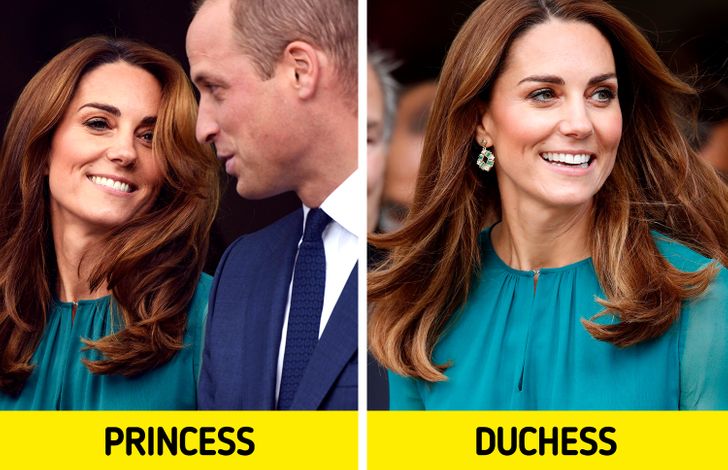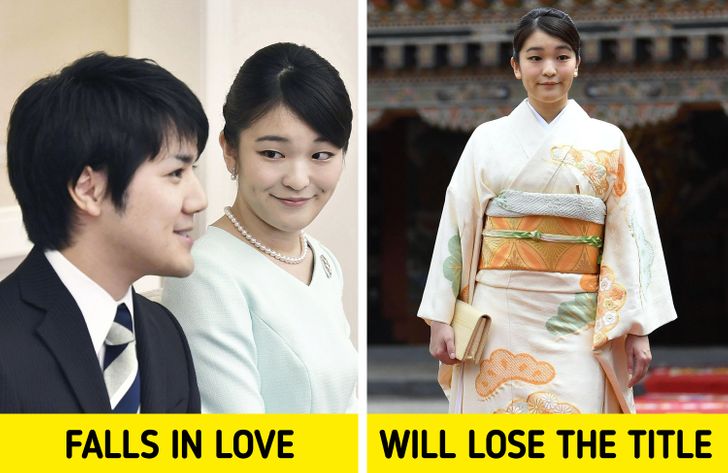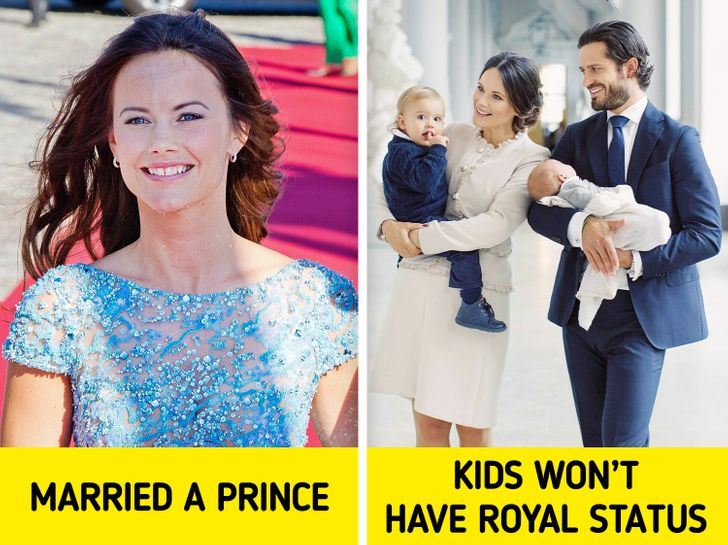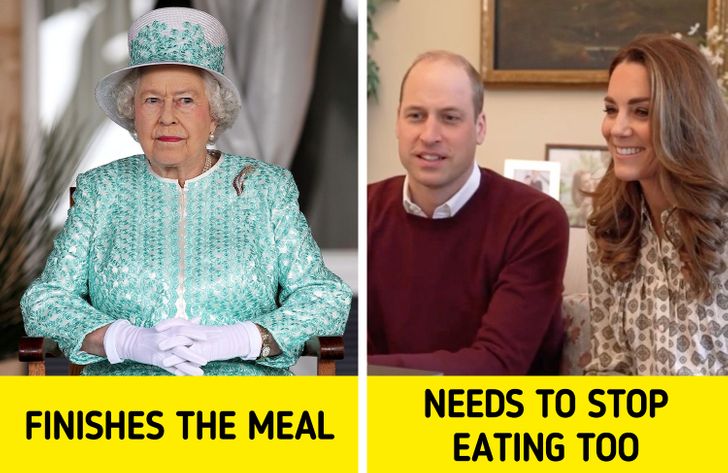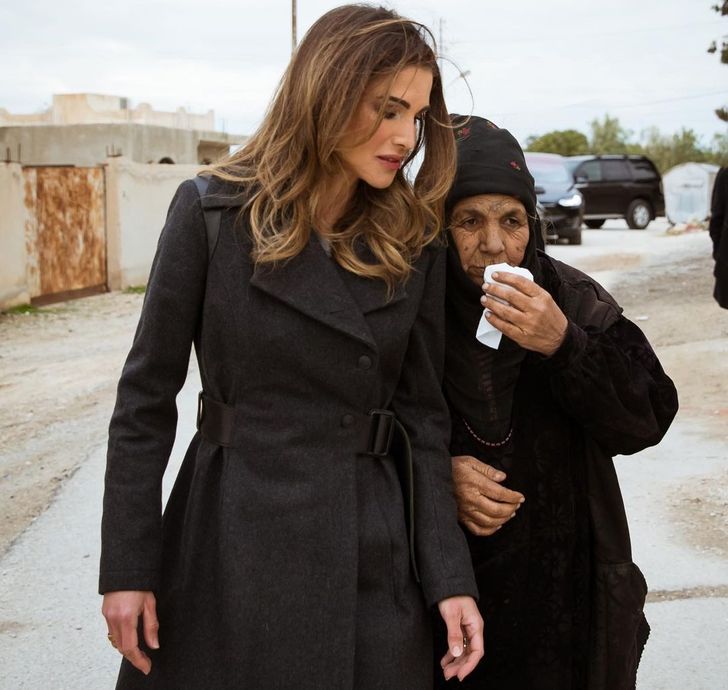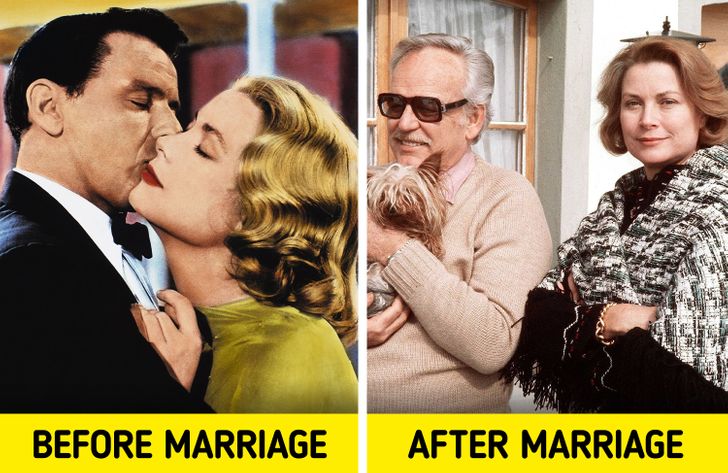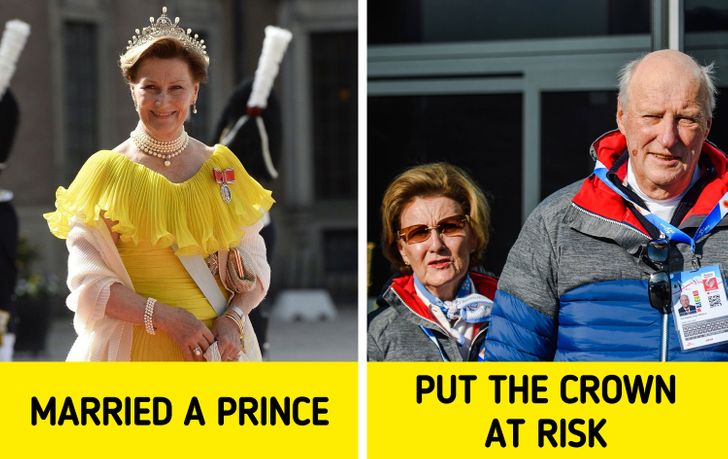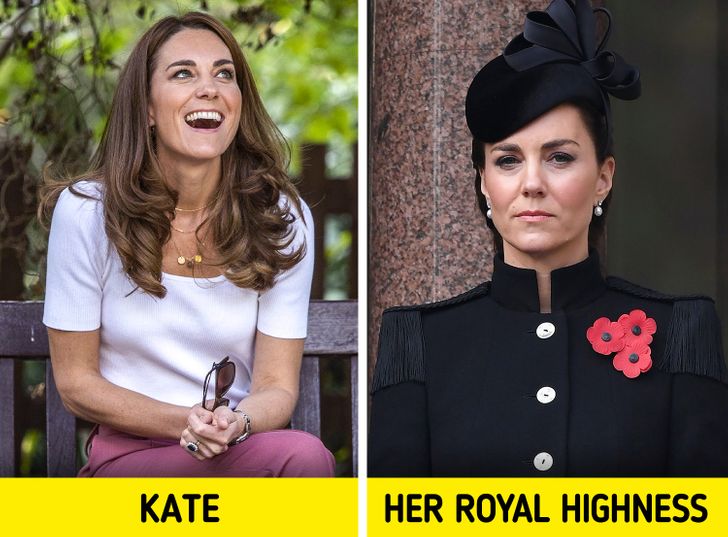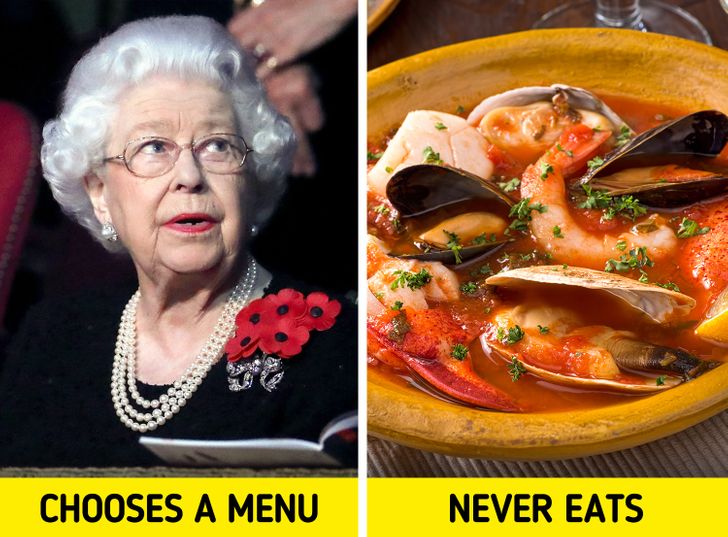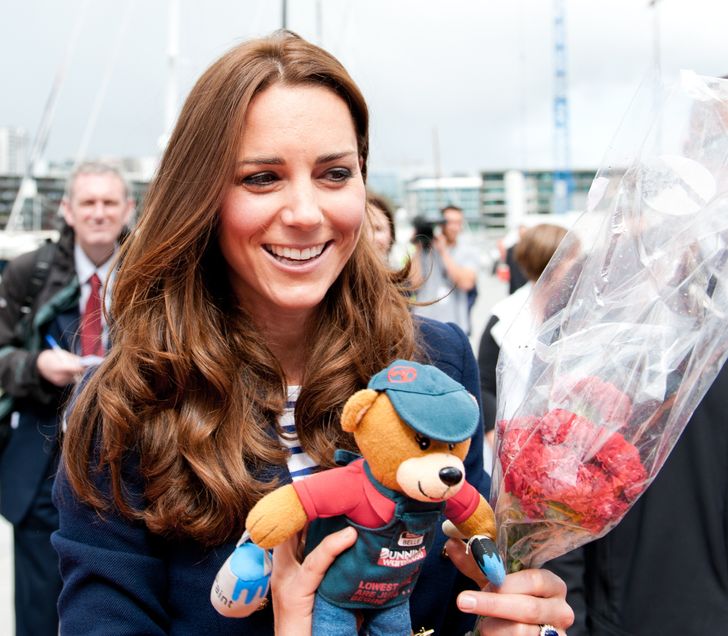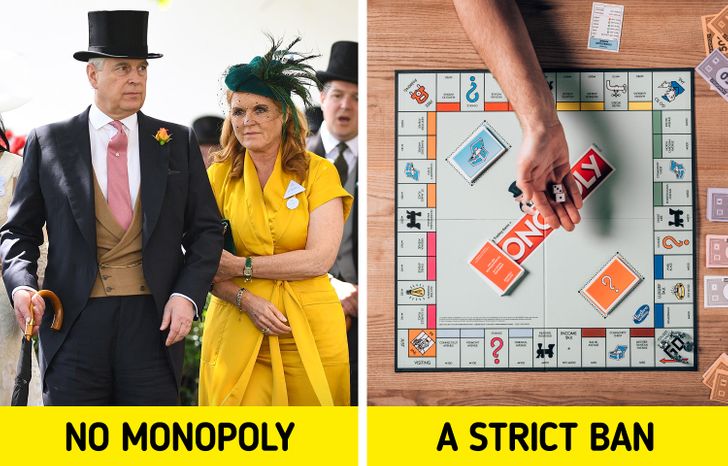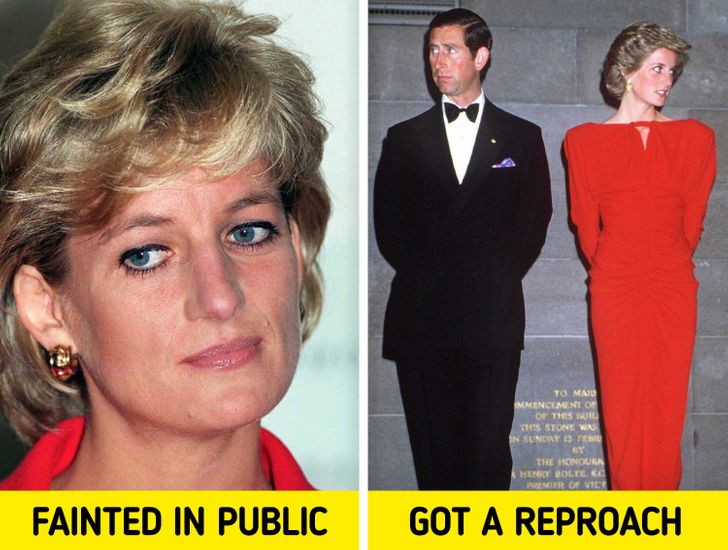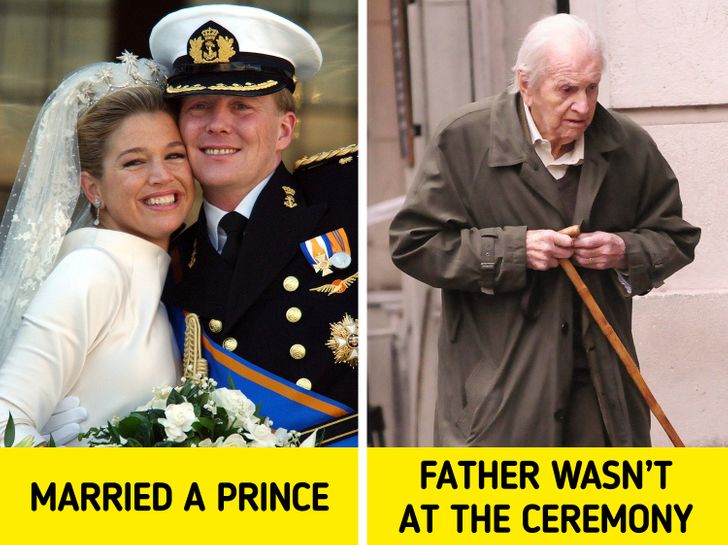oh, seems like I gotta cut off the royalty in my favorites list
How Your Life Can Change If You Marry a Prince or Princess
Glamorous weddings, sparkling crowns, and the honor of being a member of the royal family — these are the things that might make us dream of marrying a prince or princess. However, tying the knot with a royal means following certain rules, which can certainly test any relationship — especially one that is constantly in the public eye.
Here at Bright Side, we grew curious to see what being a member of a royal family really looks like, outside of the glamour and pages in glossy magazines. And we found some unexpected turns in the lives of royal spouses, which may make you look at this fairy-tale life from a different angle.
1. You will need to forget about the title of “Prince” or “Princess.”
Marrying into the royal family doesn’t mean that you’ll be a king, queen, or even princess. Queen Elizabeth’s husband, Prince Phillip, can’t actually hold the title of king. He is not even a king consort, as such a title doesn’t exist, so he’s a prince consort. If Prince William does become king, his wife, Duchess Catherine, will be a queen consort.
When Prince Harry walked down the aisle with Meghan, she too became a duchess. Both Meghan and Kate don’t have royal blood, so they can be addressed as “Princess” only in the presence of their royal husbands. While not accompanied by their better halves, Meghan and Kate will always be called “Duchess.”
2. You may have to choose between a royal title and true love.
The English monarchy is actually one of the most liberal among the royal families. In some countries, when a royal member marries a commoner, they must give up their crown at once. When Japanese Princess Mako marries her college sweetheart, she’ll have to give up her crown, royal status, and her place in the royal family. The Japanese law forces women to abandon their crown when they marry someone not belonging to the royals. Surprisingly, this rule doesn’t apply to men.
3. Your children may not have royal status.
Sofia Hellqvist was a model and reality TV star before she became Princess of Sweden when she married Prince Carl Phillip on June 13, 2015. Their children, Prince Alexander and Prince Gabriel, don’t have royal status. Sofia’s father-in-law, the king, canceled their status by issuing a special statement in October 2019. Sofia and Carl Philip, however, say that their sons now will have more freedom of choice in their future lives.
4. A new life as a royal will reveal your past.
We’ve all probably done things in the past that we wouldn’t like to remember and are not proud of. When a regular person marries a royal, everything that ever happened in their past will get put in the spotlight. Back in her college days, the now-Duchess of Cambridge, Kate Middleton, wore a sheer dress that was initially a skirt but was pulled up like a dress to walk the runway at a fashion show, and people are still mad about it to this day. This event has been recreated for the film, William And Kate, with actress Camilla Luddington playing the duchess.
5. Politics are not your privilege anymore.
Before marrying a royal, you might be politically active. That all comes to an end after saying “I do” at the altar and becoming a member of the British royal family.
In fact, though Queen Elizabeth II is allowed to vote, she must keep things as neutral as she possibly can. If she voted for one candidate over another, she could unfairly influence people’s opinions.
6. You will need to eat quickly.
As common people, we may be used to eating as much as we please whenever we want. But a meal with the British royal family will put an end to that. If the queen is present, the meal starts and stops with her. When she puts down her fork and spoon, everyone else is expected to do so as well. You will probably need to have a snack before dinner.
7. You may need to show affection toward close friends and family only.
It’s a rule that royals cannot be touched by non-royals. But this rule gets broken all the time, especially when the British royal family meets celebrities, politicians, or other major figures. If you become a royal and don’t love being touched, you’ll just have to go with it because being royal means you mustn’t make a fuss.
For some other monarchies, this rule is not that strict and this becomes more of a matter of choice, which is the case for the Queen Rania of Jordan, who doesn’t avoid coming into contact with non-royals, as can be seen on her Instagram.
8. You can kiss your professional ambitions goodbye.
Your career dreams may not mean anything once you become a member of the monarchy. One of the most famous royals to ditch her career was actress Grace Kelly, who eventually became the Princess of Monaco. After her marriage to Prince Rainer, Kelly never took part in any movies. Seems like being a princess is a full-time job!
9. Your marriage may only become possible after a family vote or special permission.
If regular people want to get married, they can just go to their local city hall and sign the papers. However, it’s not that easy to get married in the royal family. In the UK, the queen must give her written permission for members of her family to get married. This is done in order to protect the family from marriages that might “endanger the status of the royal house.”
When Queen Sonja of Norway dated then-Crown Prince Harald of Norway, he had to tell his father, King Olav V, that he would never marry anyone but her. This would put the throne in jeopardy as Harald was the sole heir. The permission for marriage was granted only after King Olaf consulted the government.
10. You will not be called by a nickname anymore.
Though we probably all love to call Kate Middleton by her first name, she legally can only be referred to as the Duchess of Cambridge or “ma’am.” What’s more, is it’s even more appropriate to call her “Her Royal Highness Princess William of Wales.” If you aren’t too keen on your formal name before marrying a royal, this might cause additional stress for you.
11. Seafood will stay in the ocean and off your plate.
The royals avoid eating seafood when they can to prevent food poisoning or a possible allergic reaction, which may distract them from their important duties. Though this rule has been around for quite some time, Prince Charles sometimes violates it.
12. You will need to follow strict rules when accepting gifts.
Being gracious is probably the main rule you must follow if you’re going to be accepted into any royal family. When you’re given a gift, you must think of the motives of the giver and whether they might want anything from you in return. If there’s a chance they do want something in return, you shouldn’t accept the gift, but the royal must thoroughly evaluate the risks of causing offense by not accepting the gift. Also, you won’t be allowed to accept anything that is worth more than $150 if you are a member of the British royal family.
13. You’ll have to forget about playing Monopoly.
Proper royals don’t engage in activities such as playing Monopoly — especially not in the British royal family. In 2008, Prince Andrew Duke of York had to decline the game, which was gifted to him during a meeting, because it gets too “vicious.”
14. You’ll have to stand and sit in order at all times.
The royals have a super strict order that dictates when they must stand, sit, and walk. Basically, you will need to stay in the order of ranking. The correct order is Queen Elizabeth II and Phillip, Charles and Camilla, William and Kate, and finally, Harry and Meghan. They must always stand in this order, and no other way is ever allowed.
15. You may need to smile in public, even if you feel awful.
Publicity becomes your lifestyle not only when you perform your royal duties, but also when it comes to your health. When Princess Diana fainted at an expo in Canada, her then-husband, Charles, fumed at her, saying, “She could have passed out quietly, somewhere else, behind the door.” Being a princess means having to be aware of public opinion and always acting accordingly.
16. Your parents may not be allowed to attend your wedding.
Queen Máxima of the Netherlands married Willem-Alexander, the then-Prince of Orange, in 2002. Máxima’s parents were not present at the wedding; her father was told he could not attend due to his role as a cabinet minister during the National Reorganization Process in Argentina, and her mother chose not to attend without her husband.
What is a rule royals follow that may make you think twice about marrying a prince or princess?
Comments
Related Reads
20+ Official Photos of British Royalty That Show Their Long Journey Through History
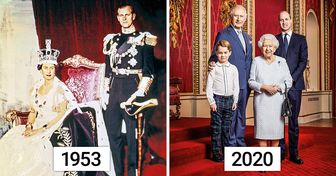
17 Celebrities Who Ditched Diets and Made Us Admire Them Even More

Keanu Reeves Finally Cuts His Long Hair, and His New Look Causes a Stir

“Look at That. No Nipples!” Angelina Jolie Stands Against Pressure Regarding Women’s Bodies

Miley Cyrus Raises Eyebrows as She Wears a Naked Dress Made Only of Safety Pins at the 2024 Grammys

I’m Tired of the Double Standards in My Marriage but My Husband Says I’m Overreacting

A Father Banned His Daughter From His Wedding, but She Was Not the One to Take It Easy

20+ Things About Life in Different Countries That Logic Can’t Explain

Ukrainian Artist Inserts Disney Characters Into 2018, and Aladdin Is Way More Daring Now

The Most Daring Oscar Party 2024 Looks That Made Our Jaws Drop

Meg Ryan, 62, Is Praised for Finally Looking Her Age As She Stuns in Her Latest Appearance

11 Hidden Cartoon Details That Went Unnoticed by Kids but Were Spotted by Their Parents

